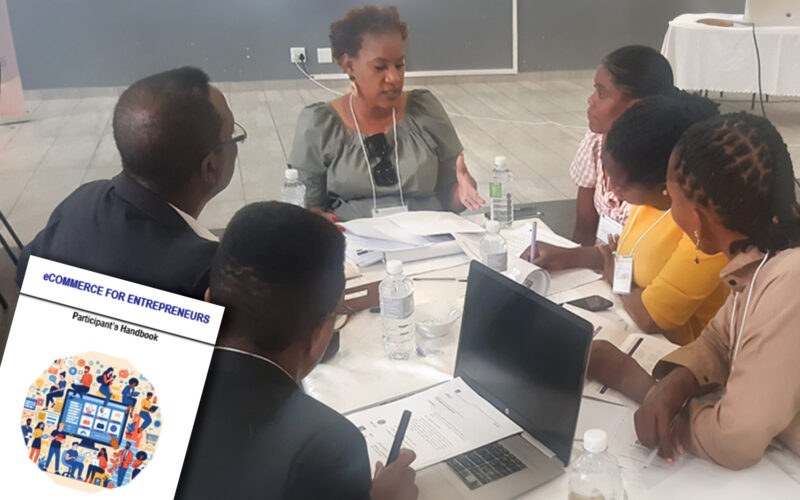
The availability of Open Educational Resources (OERs) has transformed global learning, but creating quality materials for non-formal and adult education remains challenging. Many educators lack the skills to utilise online tools for developing or adapting content and are often unaware of OER benefits. A lack of familiarity over open licenses can lead to copyright infringements. Practical experience with OERs can promote their use in adult learning courses. Andragogy principles emphasise that adults learn better when new knowledge is relevant to their personal and professional experiences and applicable to real-life tasks, enhancing their motivation and work performance.
The Commonwealth of Learning (COL) recently trained 22 department heads and adult education officers from the Khomas Directorate of Adult Education and Lifelong Learning, Ministry of Education Arts and Culture in Namibia. The training focused on using and reviewing open and distance learning resources. A case study approach using a draft COL course, eCommerce for Entrepreneurs, was used to ensure that learning was practical and applicable. Participants played a crucial role in this process by first peer-reviewing the content against indicators of gender-responsive learning in the written curriculum and pedagogy for adult learners. Based on peer review recommendations, participants could search online and compile a list of gender-sensitive supplementary OER materials, including open textbooks, videos, blogs and images to customise the curriculum.
Dr Karen Nyangara, COL Gender Adviser, said the many participants’ deep engagement, quick adoption of new skills, and feedback demonstrated that they found the training relevant and useful to their work. Once the concept of OER was demystified, participants were fully engaged in debating which resources met the criteria for gender responsiveness and quality. She noted that “in just two days, participants progressed from simple searches for online resources to developing a portfolio of OER that will be used in a new COL course. It was amazing to see participants’ excitement for developing and using OER for adult learners in Namibia.”


